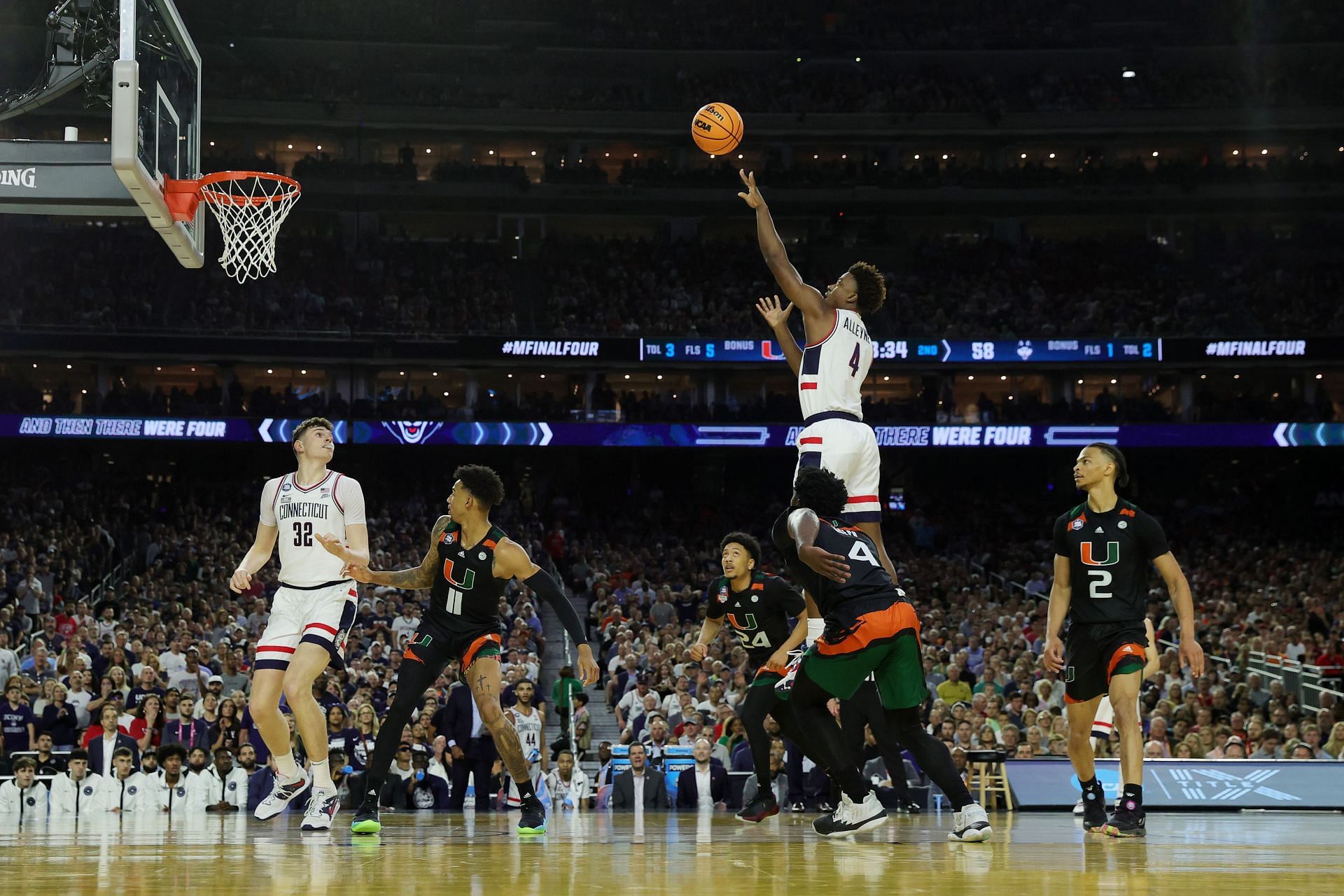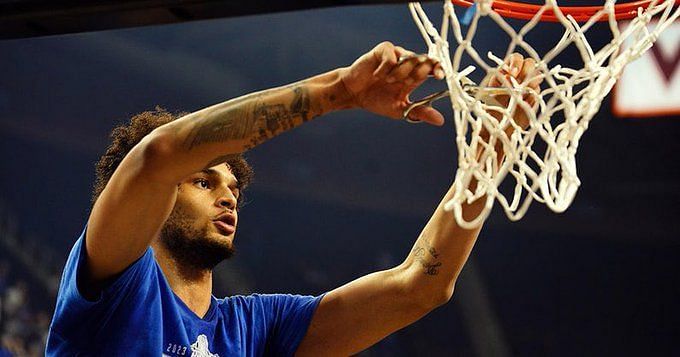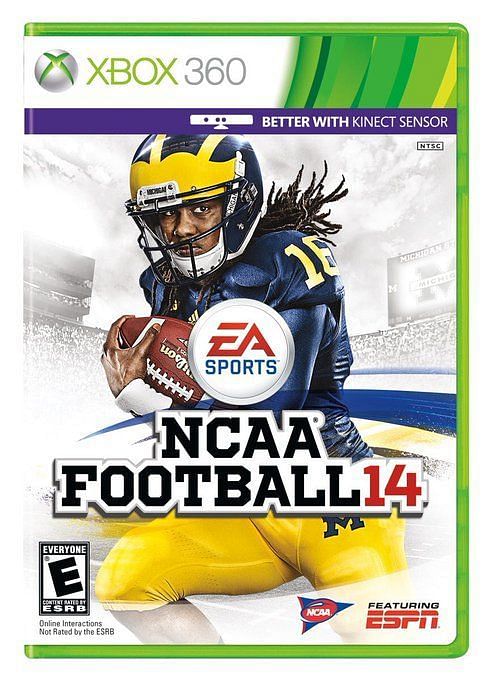
What is NIL money in college basketball?
NIL is a term that gets thrown around a lot nowadays. It stands for name, image and likeness.
It has changed the landscape of college sports in the United States. College athletes can now make money from using their name or likeness and still maintain their college eligibility.
The NCAA, which runs almost all aspects of college sports, strongly resisted NIL or any compensation for student athletes. The NCAA finally lost out on their decade-long battle, and now student athletes can receive financial compensation while playing collegiate sports.
When did NIL become legal?
The case for student athlete compensation changed when the highest levels of the US legal system got involved. The Supreme Court ruled in favor of student athletes in 2021 in the landmark NCAA v Alston case.
The court found that the NCAA was violating antitrust law and did not have the rights to solely profit off athlete’s name and likeness.
It followed the landmark case of O’Bannon v NCAA, which found that the NCAA was profiting off athletes without compensating them.
The case resulted in things like the famous NCAA video games to cease to exist. The NCAA was constantly using its athletes likenesses to profit without distributing any of the money back to the athletes.
The NCAA long wanted to maintain the idea of amateurism. They insisted that student athletes should play for no more than the scholarship to attend a university. That was done to preserve the integrity of college sports, according to the NCAA.
The court cases did not force universities to compensate athletes. However, it demolished the rules that prevented student athletes from profiting off their own likeness.
Players can now get paid for appearing in commercials. They can also get paid for things like autograph sessions, something that resulted in immediate ineligibility and suspension in years prior.
Student athletes are now signing endorsement deals left and right. They're getting paid for promoting products on social media, making appearances at camps or speaking events and in television ads.
They're also being enticed to play at certain schools when they sign NIL deals. The money offered in potential endorsements is a part of college recruiting now. Five-star and sought-after recruits now expect NIL money and promised sponsorship deals as part of their recruiting offers.
Athletes like college basketball players often choose the school that can promise them the most NIL money. The money is raised by school boosters in a separate fund outside the university.
Therefore, rich alumni of the universities gain a larger influence and provide the financial resources to supplement scholarship offers with NIL endorsement deals to lure recruits to their favorite schools.
The whole NIL system is now legal. However, it's largely unregulated and still a volatile situation with a lack of established rules.


